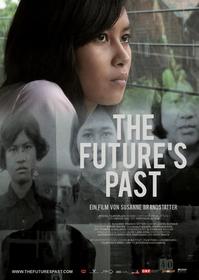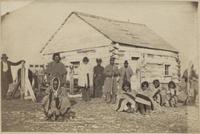The Human Rights Program and the Center for Holocaust and Genocide Studies
are pleased to announce The 3rd Annual Inna Meiman Human Rights Award.
Recognizing undergraduate students at the University of Minnesota who have made significant personal contributions in the promotion and protection of human rights.
This award will be given in recognition of the friendship between Inna Meiman, a Soviet era Jewish refusnik who was repeatedly denied a visa to seek medical treatment, and Lisa Paul, a graduate of the University of Minnesota who fought tirelessly on her behalf, including a 25-day hunger strike that galvanized a movement for Inna's freedom. The friendship between Lisa Paul and Inna Meiman is memorialized in the book,
Swimming in the Daylight: An American Student, a Soviet-Jewish Dissident, and the Gift of Hope.
The award is intended to recognize a University of Minnesota student who embodies a commitment to human rights. The Awardee will receive a $1,000 scholarship.
Nominations will be accepted through Friday, April 12, 2013 at 5:00 p.m.
Nomination Information
Eligibility:
The awards are open to all full-time undergraduate students at the University of Minnesota.
Criteria:
The student has demonstrated a personal commitment to the promotion and protection of international human rights through significant work on a human rights cause during their time as an undergraduate.
Through their efforts, the student has raised the visibility of a particular human rights issue among the University community or the broader public.
The student has made a positive difference in the life of others, and has given voice to those who might otherwise not be heard.
Nominations:
Nominators should submit a letter of 750 words or less describing the human rights activities undertaken by the nominee during his or her time as a student at the University of Minnesota and a CV of the student being nominated.
Students may be nominated by faculty, staff or other students at the University of Minnesota.
Self nominations must be accompanied by a letter of recommendation from faculty, staff, and students who can attest to the achievements.
Address and Deadline:
Letters should be submitted by email to the Human Rights Program, hrp@umn.edu, or delivered to the Human Rights
The nomination deadline is Friday, April 12, 2013 at 5:00 p.m.
Ceremony:
The Sullivan Ballou and Inna Meiman Award winners will be recognized publically at an event on May 3, 2013.


